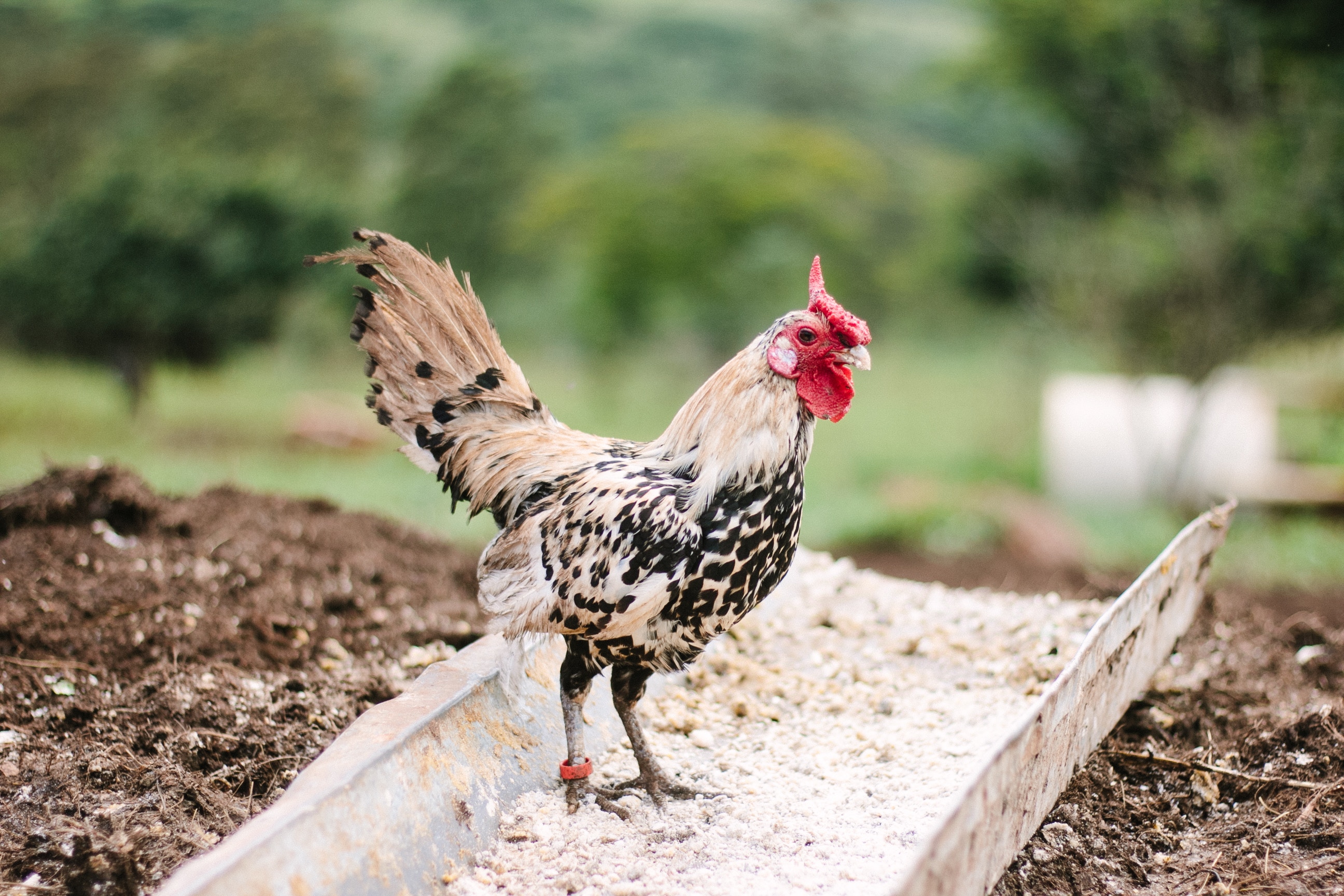What do consumers want? That question plagues many marketing officers across the food & beverage industry. The answer may be only slightly easier to decipher than the other age-old conundrum: what do women want.
Joking aside, restaurants and retailers are being approached by activist groups who claim to represent consumer interests, and who want companies to make changes to their practices. Do these activists represent your customers interests?
Consider the recent campaigns from animal rights activists that have exposed some contradictions in the marketplace.
These activists have been pushing restaurants and retailers to only buy higher-cost cage-free eggs by 2025. A number of companies have acceded to this demand. But do consumers want cage-free eggs? Their wallets say no. USDA data shows that about 85 percent of the eggs sold in this country come from hens housed in cages. Consumers are given the choice to buy cage-free or free-range eggs at supermarkets across the country. They choose not to.
Anecdotal evidence backs this up. CNBC recently visited a cage-free egg farm in California, where a state law banned farmers from using conventional cages to house hens. The farm has plenty of eggs but can’t sell them at a premium because of low demand, so it has to take a loss.
That is not a sustainable food system.
The “cage-free” pledges are playing a game of chicken with agricultural economics. An Iowa State University egg industry expert estimates that 72 percent of chickens would have to be cage-free by 2025 to meet current pledges. Only about 15 percent of the industry is cage-free today, and the cost of construction and retrofitting barns to be cage-free extends into billions of dollars.
That’s not the only pressure on businesses, either. The same animal activists who are pushing for cage-free pledges are also not satisfied with cage-free eggs. They’d prefer people not eat eggs at all.
The group Direct Action Everywhere has been conducting undercover investigations at cage-free egg farms. The group’s position is that people shouldn’t use animals for food, and that cage-free is just “humane-washing.” (Direct Action Everywhere became famous after a viral film of one of its representatives berating restaurants guests for eating chicken.)
Others share this view. A vice president with the Humane Society of the United States has said: “Are we saying that cage-free eggs are the way to go? No, that’s not what we’re saying. But we’re saying it’s a step in the right direction” toward totally vegan diets. The food policy director of HSUS also has compared egg farms to Nazi concentration camps. (Seriously.)
Consider how the activists reacted to Cargill’s new $22 million investment. The meat processor is changing its London, Ontario chicken processing plant to a stunning system called Controlled Atmosphere Stunning (CAS).
For at least 15 years, groups such as PETA have asked companies to change from electric-bath stunning to CAS. So Cargill was met with applause for its investment, right?
Wrong. Protestors of the Ontario plant were quick to downplay Cargill’s $22 million expenditure. “[A}ny upgrades to the method of slaughter doesn’t change the fact that it is wrong and unnecessary,” said a spokesperson for the protest group. “We don’t need to eat animals to be healthy.”
Restaurants and retailers don’t want to face brand attacks from animal rights activists. But wise people also don’t cut deals with people who can’t take yes for an answer or who plan on reneging on the deal with more demands.
Here’s a thought: Require any activist group that wants you to make a specific change to endorse your food products. Better yet, have them cater it to their board of directors or organization holiday party. Then, have them sign a promise that they won’t be back for 10 years with any more demands.
Will the Mercy for Animals and Greenpeaces of the world agree to a fair deal? They are in the conflict industry. They raise money off continually creating adversaries. Chances are they won’t sign. And that’s all you need to know.
Think Twice Before Making Supply Chain Changes posted first on happyhourspecialsyum.blogspot.com

No comments:
Post a Comment